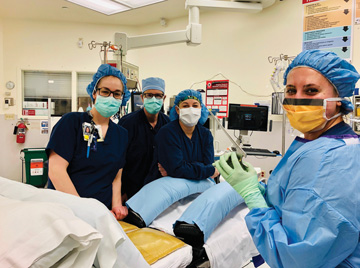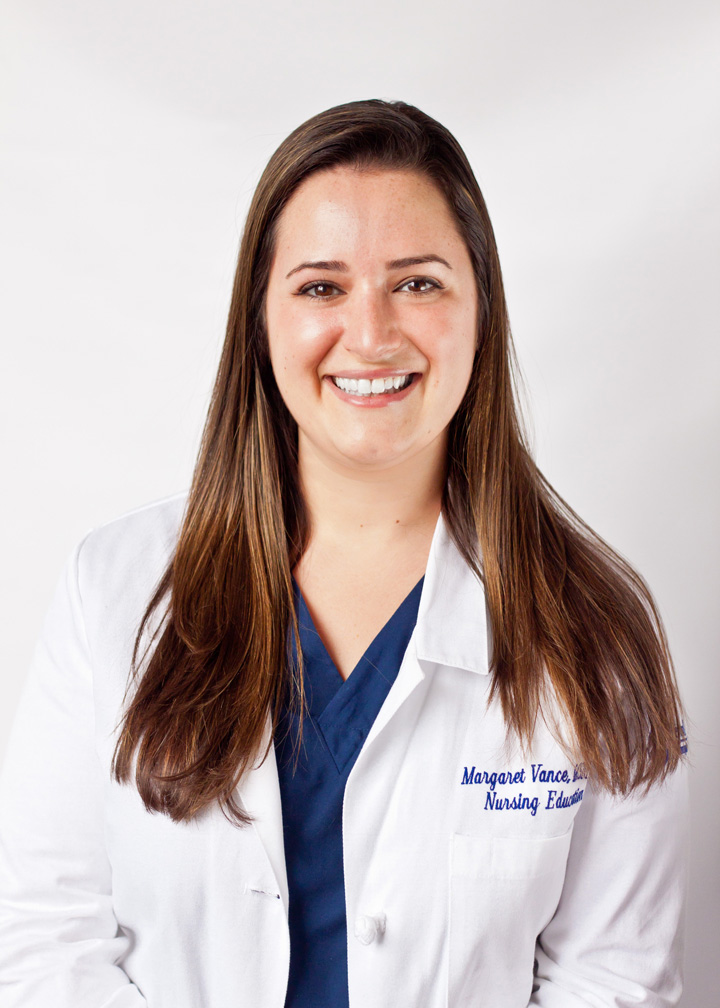Three years into the pandemic, 84% still struggle to find staff.
 WIDE NET Roughly one in three New Jersey ASCs is currently using an agency to fill in staffing gaps with travel nurses. | Shelley Harris
WIDE NET Roughly one in three New Jersey ASCs is currently using an agency to fill in staffing gaps with travel nurses. | Shelley Harris
As many surgical facilities continue to struggle with the perioperative staffing crisis, data that helps us to better quantify the scope of the issue is in short supply as well. A study released late last month by the New Jersey Association of Ambulatory Surgery Centers (NJAASC) provides a glimpse at just how deep and wide the problem runs at ASCs in the nation’s 11th-most populous state, bookended by the major metropolitan markets of New York City and Philadelphia.
NJAASC’s 2022 Salary and Benefits Report surveyed 108 New Jersey ASCs — more than half of its members — during the fourth quarter of 2022. It found that 84% of them continue to experience difficulty recruiting staff after three years of the COVID-19 pandemic.
“The Great Resignation was one contributing factor to the staffing shortage at ASCs in New Jersey and nationally, but the healthcare industry overall is dealing with a shortage of qualified medical professionals,” says Joan McKibben, an NJAASC board member and chairperson of the benchmarking committee that conducted the survey. “As a result, ASCs, like other points of care within the healthcare ecosystem, must compete for top talent.”
NJAASC also polled the ASCs about their recruiting and retention efforts, identifying several key ideas and data points. Among them:
- Nearly 64% offer flexible work shifts.
- Nearly 90% allow scheduling, billing, administrative and other staff to work from home.
- According to the responding ASCs, the most popular benefits they offered to employees last year were paid vacations, paid holidays, health insurance and 401(k) plans.
- To cover vacancies, more than 35% use a “travel agency” — an outsourced firm that provides staff who commit to a minimum of three months in a given role.
- To meet immediate staffing needs, more than 20% use “agency staff” — temporary workers who cover a shift or a day.
“Our study underscores how New Jersey’s ASCs are, in fact, competing aggressively for the best providers and staff by offering competitive benefits packages, and flexible schedules and workplace arrangements,” says Meg Stagliano, president of NJAASC’s Board. “In addition, ASCs as a workplace offer other benefits that appeal to potential employees, including weekends and holidays off, predictable work hours with flexibility, and not having to be on call for emergencies — all of which can contribute to a healthy work-life balance.”
.svg?sfvrsn=be606e78_3)



.svg?sfvrsn=56b2f850_5)